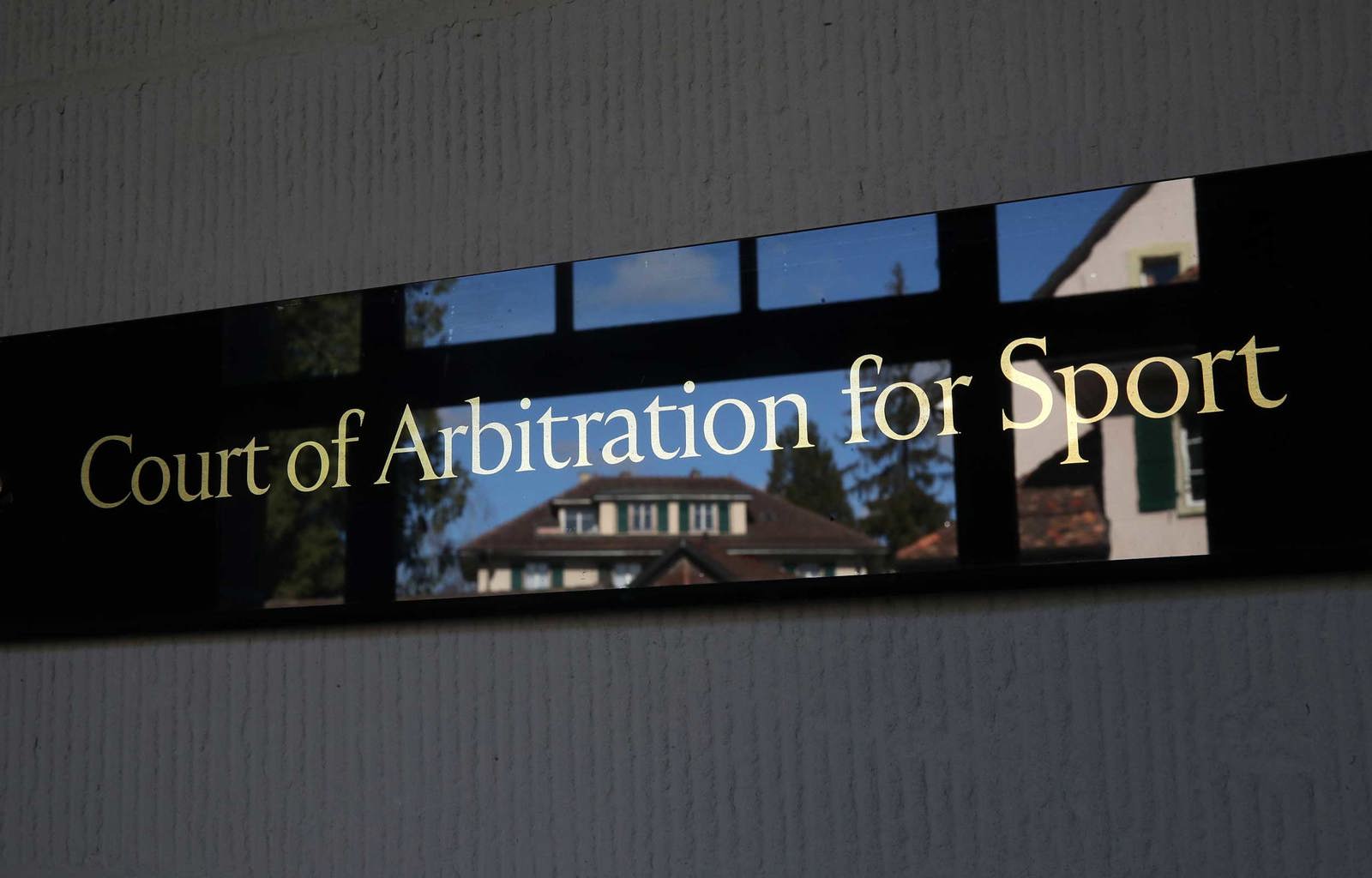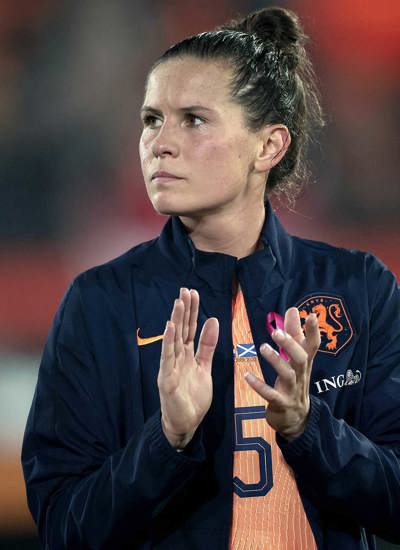
- CAS ruled that the Football Federation of the Democratic Republic of the Congo (FECOFA) committed a denial of justice against former international Yves Diba
- Diba had filed a claim in relation to an employment contract dispute and, with it being of a national dimension, he had no choice but to file his claim with FECOFA
- Faced with this silence and inaction, Diba turned to CAS in July 2022 and filed a claim against FECOFA for denial of justice
A significant decision from the Court of Arbitration for Sport (CAS) ruled in favour of a Congolese footballer who had previously been denied justice due to the lack of a sufficient National Dispute Resolution Chamber (NDRC) in DR Congo.
In a recent award, CAS ruled that the Football Federation of the Democratic Republic of the Congo (FECOFA) committed a denial of justice against former international Yves Diba.
In October 2021, Diba filed a claim in relation to an employment contract dispute he had with AS Vita, a club in DR Congo’s top-flight. With the dispute being of a national dimension, Diba had no choice but to file his claim with FECOFA, who, as per its own statutes, were obliged to adjudicate.
Despite several written reminders sent by Diba, FECOFA failed to formally open a procedure in order to pass a decision. Faced with this silence and inaction, Diba turned to CAS in July 2022 and filed a claim against FECOFA for denial of justice.
CAS sided with the 20-time DR Congo international and ruled that such an unjustified delay in passing a decision constituted a denial of justice. They ordered FECOFA to promptly deal with the claim to swiftly render a decision and ruled that FECOFA must pay all costs in relation to the CAS procedure.
FIFPRO Legal Director Roy Vermeer said: “Yves Diba’s experience is not an isolated case – denial of justice is a recurring issue faced by too many players in too many national football associations.
“A number of national football associations around the world do not provide for national dispute resolution chambers that respect players’ rights, and too often the chambers that exist on paper are actually not operative.”
A lack of a proper NDRC can have severe consequences for players at domestic level, leaving them forced into a system that does not guarantee fair proceedings. It can mean abusive behaviour can go unchallenged and breach of contracts are allowed to flourish in complete impunity.
Vermeer said: “If a national football association creates an NDRC, it must simply ensure that it complies with the principles established by FIFA. This not only protects players’ rights, but also provides for a healthy football economy and ecosystem.”


